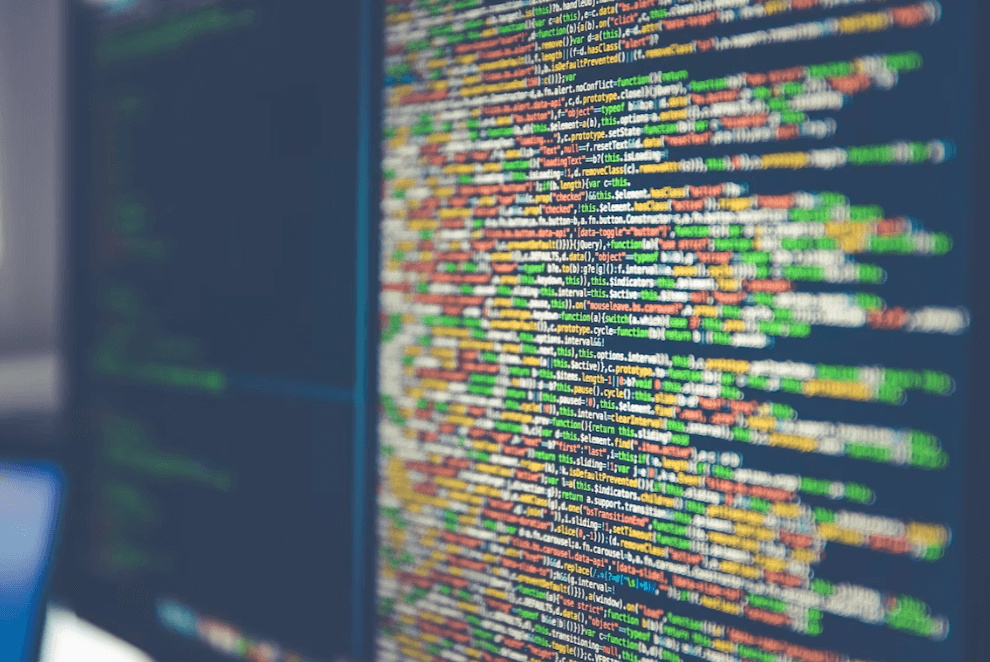It’s clear that ChatGPT is here to stay. According to our most recent Legal Trends Report, AI adoption is the new normal in law firms: 79% of surveyed legal professionals are now using AI in some capacity in their practice.
So, what opportunities does ChatGPT for lawyers provide? Below, we’ll introduce you to the artificial intelligence (AI) company that developed ChatGPT and exactly how this notorious chatbot is transforming the legal profession.
And, if you’re hungry for more AI insights after reading this article, discover Clio Duo—your AI-powered partner ready to help you make the most of your workday, transforming the way lawyers work.
What is OpenAI?
OpenAI is an example of generative AI. It is an AI research and development company creating “highly autonomous systems that outperform humans at most economically valuable work.” Tools like ChatGPT are free to use—though, given the high demand, you may have trouble getting in.
Generative AI is a subset of AI that involves machines producing new data, such as images, text, and music, without explicit instructions. While this technology is still in development, generative AI has the potential to provide endless opportunities for lawyers looking to improve productivity and support their business.
For instance, generative AI may be able to help with:
- Creating legal documents, such as contracts, briefs, and wills.
- Conducting legal research, by analyzing vast amounts of legal information and providing relevant summaries.
- Analyzing large data sets and making predictions about legal outcomes. This can be particularly useful in areas such as litigation and risk management.
- Powering legal chatbots or virtual assistants that can provide basic legal information, answer questions, and guide clients through the legal process.
While generative AI may offer exciting opportunities for lawyers, it’s essential to note that AI is not a replacement for a lawyer’s expertise. As we’ll discuss further below, lawyers must exercise caution when using AI in their legal practice. Watch our on-demand webinar, AI for Law Firms: How it’s Reshaping Legal and Why You Should Care.
What is ChatGPT?
ChatGPT is an AI-powered chatbot from OpenAI that responds to open-ended text queries with paragraphs of text-written answers. It was trained through reinforcement learning from human feedback. During this process, human AI trainers would converse as a user and an AI assistant, then rank chatbot responses to teach the chatbot how to respond appropriately.
On March 14, 2023, OpenAI launched GPT-4 , trained using ChatGPT and lessons from their “adversarial training program.” This large, multimodal model not only accepts image inputs in addition to text, but stands up to professional and academic benchmarks with human-level performance.
For example, while ChatGPT scored in the bottom 10% when put to the test with a simulated bar exam, GPT-4 scored in the top 10% of test takers. GPT-4 is currently available via a paid subscription—visit OpenAI’s website to learn more.
Looking for more? Check out our blog post 6 ChatGPT prompts for Lawyers.
Are lawyers using ChatGPT?
Yes. Lawyers are increasingly harnessing the power of ChatGPT to boost efficiency and elevate client services. This tool empowers lawyers to swiftly sift through and analyze massive amounts of legal text, craft concise summaries, and even pinpoint applicable case law or statutes. Some lawyers are even using ChatGPT to:
- Draft legal documents.
- Conduct initial case research
- Respond to client FAQs
- Streamline internal communications
- Automate admin tasks.
How do you use ChatGPT?
ChatGPT is relatively simple to use—all you have to do is type in your request on the ChatGPT website. For instance, you can ask the tool to write a poem, answer a question in Shakespearean English, or solve complex math problems. From there, you’ll get a unique, surprisingly-accurate answer on the same website.
Can lawyers use ChatGPT?
Yes, lawyers can use ChatGPT to assist with tasks like drafting, research, and summarizing, but they must carefully review its outputs for accuracy and confidentiality. It enhances efficiency, but final legal work and advice remain the lawyer's responsibility.
What ChatGPT offers lawyers
While ChatGPT is still in the research phase, legal professionals are naturally asking: how can ChatGPT help lawyers? There’s no doubt that ChatGPT for lawyers presents opportunities for law firms. A few examples include:
- Creating legal marketing content
- Drafting legal documents
- Legal research
- Case analysis
- Chatbots for law firms
Perhaps the greatest benefit of ChatGPT for lawyers is that it helps lawyers save time. By creating, say, a first draft of an email or document with ChatGPT (and, of course, meticulously fact checking, reviewing, and editing it before relying on the work product), lawyers can speed up their processes and gain back time to focus on what matters most to them.
This might include helping more clients which, in turn, can help lawyers improve access to justice by serving more clients. And, what’s more, companies are already attempting to leverage GPT technology to support legal clients.
Take, for example, Harvey AI—an AI tool designed specifically for legal work that is already showing promising results.
Check out the functionality of Clio Duo and how it can accelerate a lawyer’s workday: Meet Clio Duo: Your Firm’s New AI-Powered Partner
Challenges ChatGPT poses for lawyers
ChatGPT for lawyers can create additional challenges in the legal sphere.
Accuracy
First, this technology is still in development. And, as eerily accurate as its responses may be, ChatGPT is not a human lawyer. Nor is it always accurate—users have reported receiving incorrect information from the chatbot-in-training. Take, for instance, the attorney who relied on ChatGPT for legal research, and supplied it to the court, only to learn the cited cases were non-existent. This is one example of how ChatGPT can hallucinate, illustrating the importance of always ensuring you double (even triple) check any generative text from ChatGPT, or any generative AI tool.
Privacy
Another challenge for lawyers is the ethical obligations that will always take precedence over convenience. Not only are there ethical considerations in using AI to argue your cases for you, but issues of security, client privacy, and privilege can also arise through the transmission of data between your firm and ChatGPT. As the chatbot stores personal and conversation data, lawyers must also familiarize themselves with ChatGPT’s Privacy Policy and Terms of Use before using the service.
While we’ve highlighted just some of the challenges and ethical hurdles of using ChatGPT in a law firm, we also know that enthusiastic adoption of technology positively affects a law firm’s business performance, as noted in the 2020 Legal Trends Report. The adoption of multiple technologies has a compounding effect on business performance both in terms of impact and overall volume of casework and revenue collection.
Can ChatGPT do legal citations?
Yes, ChatGPT can assist with legal citations by generating citation formats for cases, statutes, and legal documents. However, the accuracy of citations depends on the input provided and the specific citation format required (e.g., Bluebook, OSCOLA). While ChatGPT can help format citations, it’s crucial for legal professionals to verify and ensure compliance with the specific citation rules and standards relevant to their jurisdiction.
What are the ethical issues of ChatGPT?
ChatGPT has great potential, but users need to be aware that ChatGPT has the potential to generate incorrect information or other misleading content. It’s important to exercise your judgment and use the tool responsibly. Whether you’re using ChatGPT to assist you with legal work or using it in your everyday life, never blindly rely on an AI tool’s work product. Always apply common sense, review the work product carefully before relying on it, and edit the work product accordingly. We cover more topics like this in our AI for lawyers hub.
Final thoughts on ChatGPT for lawyers
In essence, adopting technologies that streamline routine legal tasks, save time, and help you to imprint your expertise on tasks that matter most is a win for any law firm. And AI tools, like ChatGPT, do have the potential to empower lawyers to deliver better, faster, more efficient legal services to their clients.
But no matter how easy and efficient it is, it’s critical to assess and implement technology responsibly to ensure you’re meeting your ethical obligations and protecting your client’s interests.
In the ever-evolving legal landscape, it’s important to think about maximizing your tech investments–software like Clio offers a suite of tools, including Clio Duo, an AI-powered partner designed to optimize your workday. Whether you’re planning your tasks or summarizing a case before a meeting, Clio Duo handles it, freeing you to focus on the work that only you can do. Book your Clio Duo demo today!
Legal AI Virtual Summit 2025
Watch Clio’s Legal AI Virtual Summit to explore practical AI strategies for law firms of all sizes. Learn how to use AI securely, protect client data, and enhance your practice.
Watch now


